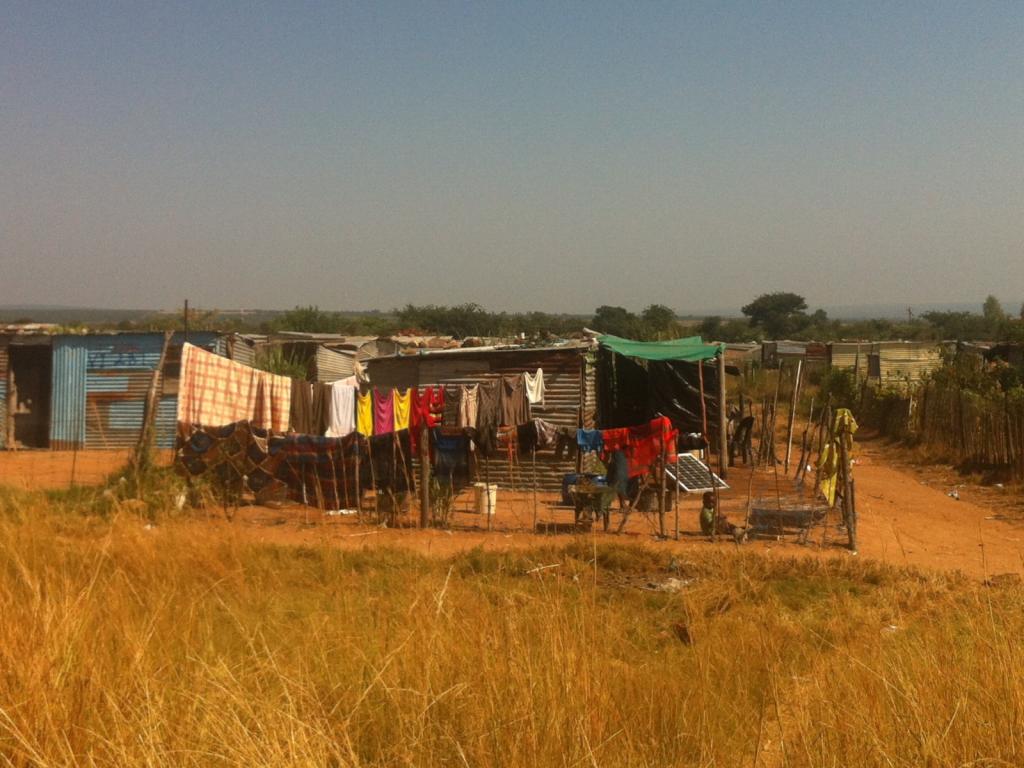One of the biggest drivers of rhino extinction is social inequality

Terry Westby-Nunn in an op-ed published in the Daily Maverick on the 4 December 2018 discusses a recent report, from UCT’s Global Risk Governance programme, lead-authored by senior researcher Dr Annette Hübschle and co-authored by Prof. Clifford Shearing.
He writes:
"A recent insightful South African report on the rhino crisis advocates that it is finally time to put theory into practice. Unless local communities on park borders are empowered, the fate of the rhino is bleak.
The report argues that saving the rhino can more effectively be achieved by extending our societal empathy not only to the rhino, but importantly also to local poverty-stricken communities living on the edges of national parks. Rather than investing in divisive, violent paramilitary operations, the report is a clarion call for investing in community-wildlife integration projects."
Ending Wildlife Trafficking: Local communities as change agents is available online, published by the Global Initiative Against Transnational and Organised Crime.
Read Terry Westby-Nunn's article in the Daily Maverick here >>>
